Course Overview
The aim of this suite of qualifications is to provide learners with an understanding of coaching and its role in supporting health. Learners will develop practical skills for a career in the professional coaching space, including executive coaching, business coaching, mentoring and leadership, as well as nutrition, health and wellbeing coaching. These qualifications are ideal for those progressing from holistic and complementary therapies, or in leadership roles, corporate wellbeing, and health professionals looking to complement their current practice with client led coaching.
Successful completion of the BATHE Level 5 Diploma in Diploma in Nutrition and Health Coaching or the BATHE Level 5 Diploma in Coaching for Lifestyle and Wellbeing Management provide learners with valuable occupational skills for employment or progression to further study or degree.
Graduates have multiple top industry accreditation and recognition options, including the International Coach Federation (ICF), UK and International Health Coaching Association (UKIHCA), and Personalised Care Institute (PCI).
Units
To achieve this qualification 9 units must be successfully completed. This includes 6 mandatory units and at least 3 optional units, to achieve a minimum of 68 credits
Mandatory
- Psychology and Wellbeing Foundations
- Human Nutrition
- Wellbeing Management and Coaching Practices
- Mental Health and Trauma Awareness
- Coach Training for Professional Accreditation
- Chronic Disease, Wellbeing Guidelines and Resources
Optional
- Women’s Health and Hormones
- The Gut and Microbiome
- Non-Diet Approach to Coaching
- Nutrition Psychology, Food Choices and Eating Habits
- Ayurvedic Lifestyle and Nutrition
- Sports Nutrition for Optimal Performance
- Botanical Healing; An Introduction to Herbal Medicine
- Super Foods and Nutrition
Learning Outcomes
- Psychology and Wellbeing Foundations: develop a foundation understanding of psychology, behaviour, change motivation and wellbeing.
- Human Nutrition: develop a thorough understanding of the principles of human nutrition, diet, and health.
- Wellbeing Management and Coaching Practices: develop an understanding of how to work with clients in a coaching setting in an effective and engaging manner.
- Mental Health and Trauma Awareness: develop their understanding of mental health conditions and become aware of the community resources available. Learners will also understand the importance of being trauma informed as a coach.
- Physical Health Guidelines: understand the foundations of physical activity for health and health coaching.
- Practicum: develop and grow their coaching experience through a series of guided practical tasks.
- Coach Training for Professional Accreditation: understand the role of a coach, demonstrate how to run an effective coaching session while reflecting ICF core competencies and coaching scope of practice.
- Chronic Disease, Wellbeing Guidelines and Resources: understand health red flags, when to refer on, and how to access major health resources and guidelines.
- Women’s Health and Hormones: develop an understanding of women’s health and wellbeing status, the factors that influence the health of women, the health conditions that commonly affect women, and the association between women’s hormones and health.
- The Gut and Microbiome: understand the physiology of the gut and the associations between the gut and physical and mental health conditions.
- Non-Diet Approach to Coaching: understand the benefits of coaching from a non-diet approach for positive body image and positive food relationships.
- Nutrition Psychology, Food Choices and Eating Habits: understand the psychology of eating habits, food behaviours and preferences so coaches can work with clients in the area of food coaching more effectively.
- Ayurvedic Lifestyle and Nutrition: understand the basic principles of Ayurvedic medicine and the practices that can be used to balance health and wellbeing.
- Sports Nutrition for Optimal Performance: develop an understanding of the unique nutrition and fuelling requirements of athletes and for activity.
- Botanical Healing; An Introduction to Herbal Medicine: understand the foundation principles of herbal medicine, and the role of plant medicine in health and wellbeing.
- Super Foods and Nutrition: understand the evidence behind functional foods and those that are thought to exhibit a health benefit.
Entry Requirements
Approved Centres are responsible for reviewing and making decisions as to the applicant’s ability to complete the learning programme successfully and meet the demands of the qualification. The initial assessment by the centre will need to consider the support that is readily available or can be made available to meet individual learner needs as appropriate.
The qualification has been designed to be accessible without artificial barriers that restrict access. For this qualification, applicants must be aged 18 or over.
